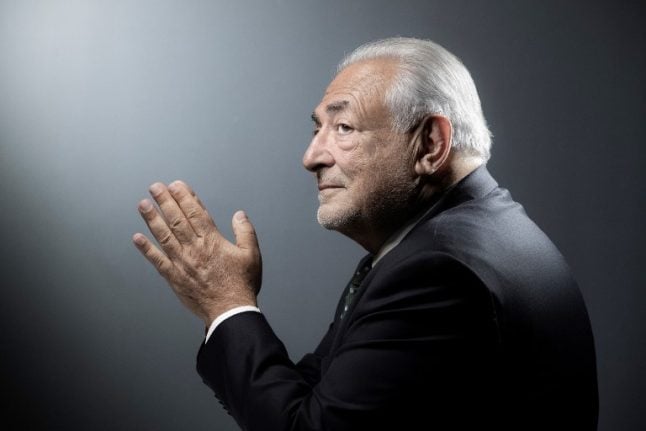“The police asked me if I would accept the confrontation, I said of course I would,” Tristane Banon told RTL radio, as police pursue their investigation of the alleged 2003 attack in a Parisian flat.
“I want him to be in front of me and for him to look me in the eyes and tell me this is all in my imagination. I’d like to see him tell me that.”
Socialist politician Strauss-Kahn, 62, has brought a defamation suit against Banon, 32, describing her claim as a figment of her imagination and slanderous.
Banon went to French police in July after Strauss-Kahn was arrested in New York for allegedly trying to rape a hotel maid there. That case has since been thrown out after prosecutors deemed the alleged victim unreliable.
However, the former French presidential hopeful still faces a civil case in New York as well as the criminal investigation in Paris. Banon has said she will also bring a civil case if there is no criminal prosecution.
Without giving any names or saying whether she had given names to police, Banon repeated her allegation that other women who said they were victims of Strauss-Kahn had contacted her to voice support.
“They tell me that they were attacked by Dominique Strauss-Kahn, and so they know that I’m telling the truth, well, they think so,” said Banon, admitting that it might appear “easy just to say there are women…”
But, the women concerned do not want to go public, she said.
“I think that if the case goes to an investigating magistrate and then to court, the plaintiffs will have the courage” to go to police, she said.
“As long as all they see is a kind of media war, where the plaintiff is being flayed in the press, I understand they don’t want to,” said Banon, who this week went on television to put her case, after Strauss-Kahn did the same.
“My fight is within the justice system and I would have liked it to stay just there (but) if the fight is going to be equal, one is forced to respond with the same weapons,” she said.
French police have already interviewed around 20 people as part of their high-profile investigation, including senior Socialist politicians. Once completed, the prosecutor will decide whether to bring a case or not.


 Please whitelist us to continue reading.
Please whitelist us to continue reading.
Member comments